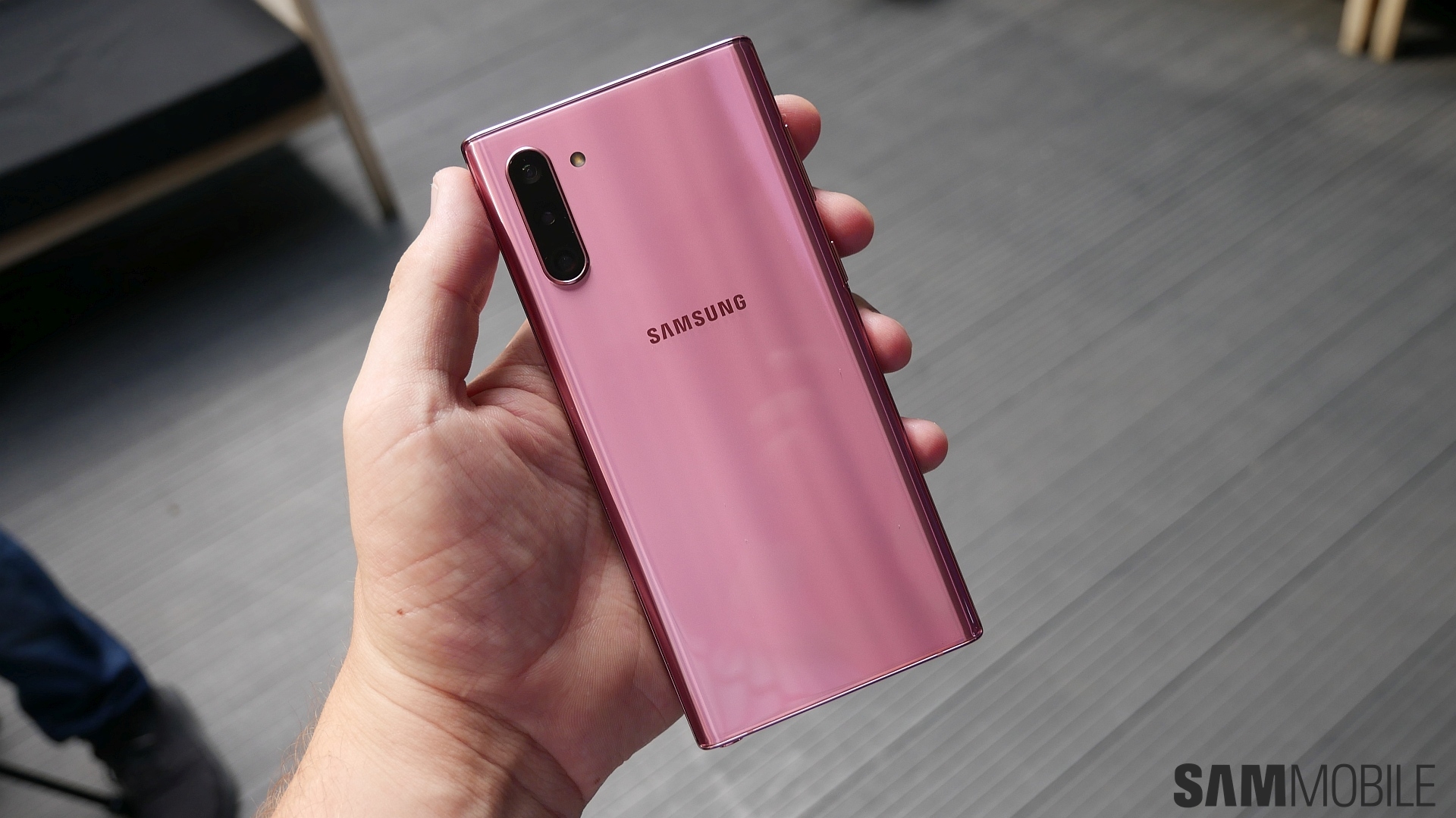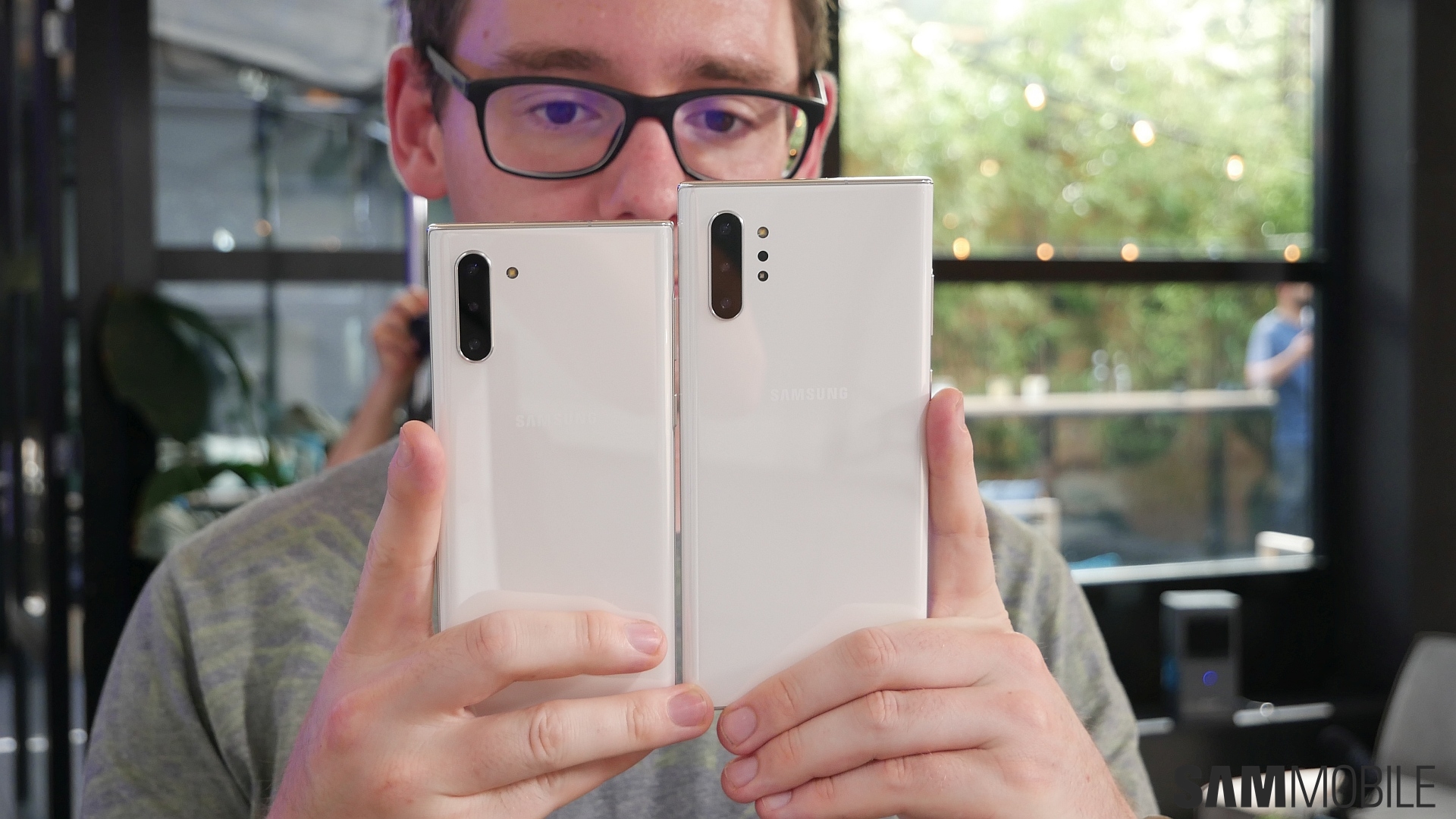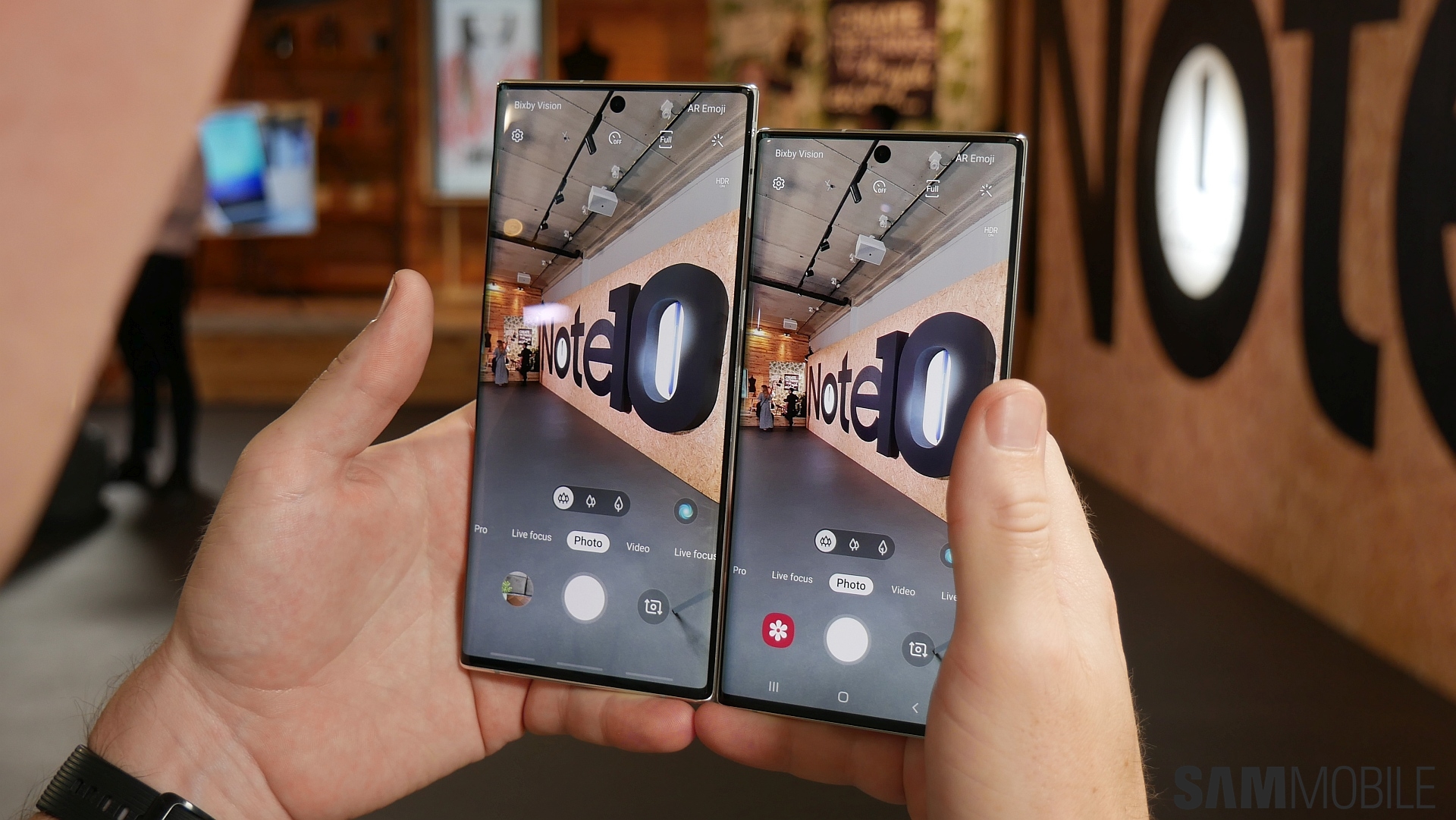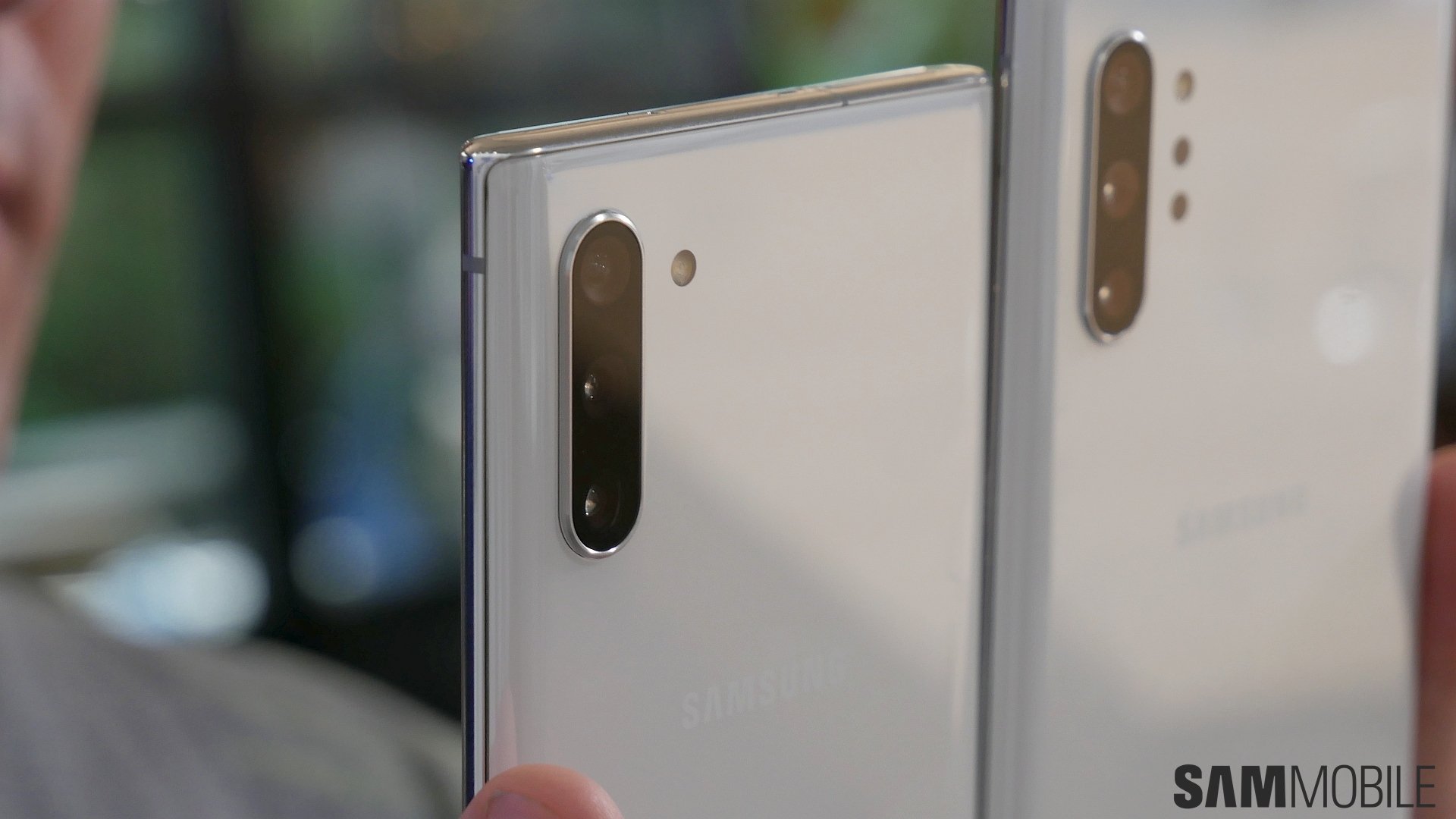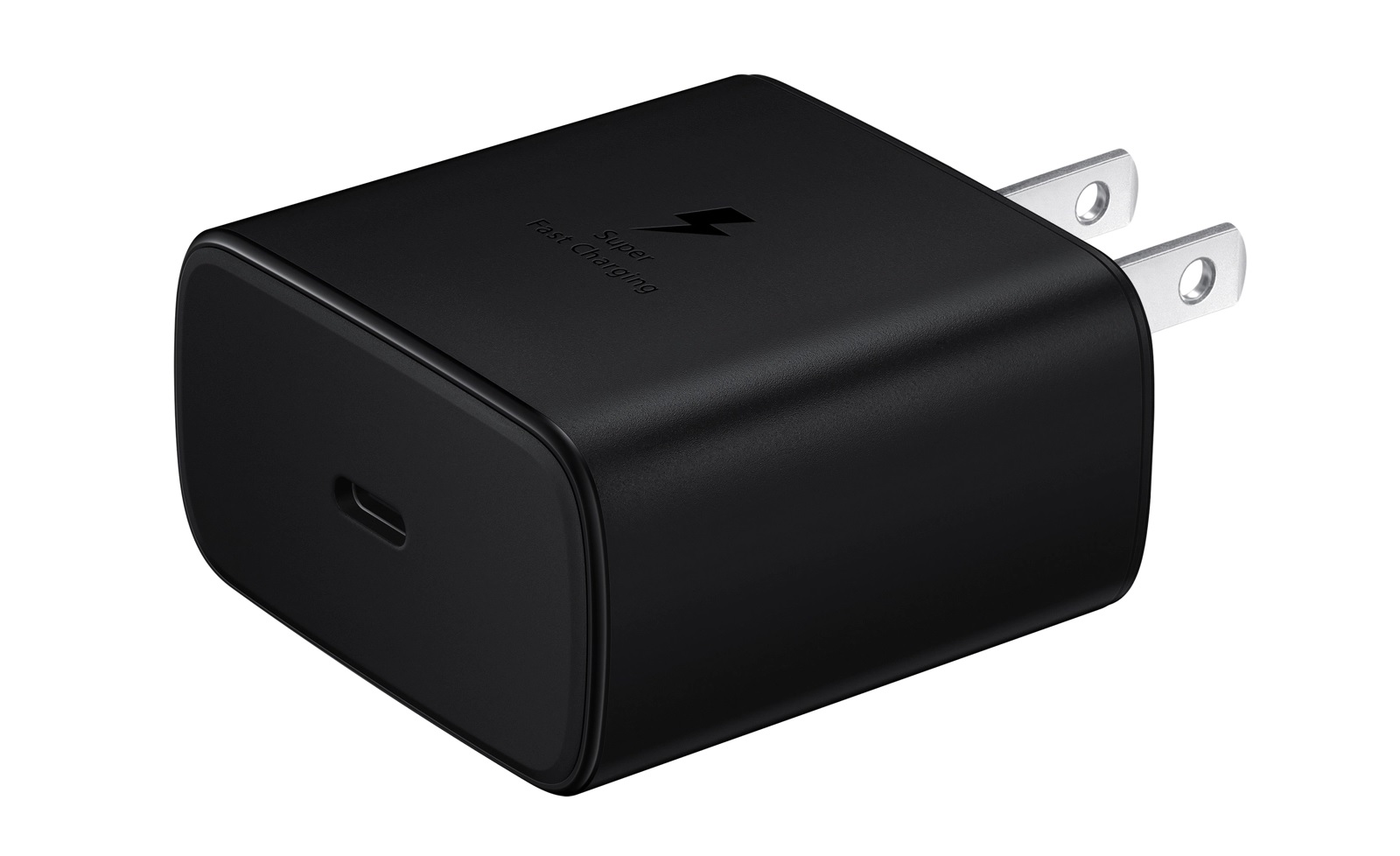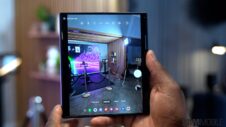It’s the final stretch. The Galaxy Note 10 series is shipping to customers on August 23, while prospective buyers who have waited out the pre-order period should be seeing the flagship on store shelves later this week. But unlike in previous years, Samsung is giving customers a tougher choice by making them pick between the standard Galaxy Note 10 and the Note 10+, and I found myself asking which one to get more than a couple of times. Ultimately, this is a decision every prospective buyer will have to make for him or herself, but personally, I’ve decided I’ll be getting the Galaxy Note 10.
There is one big reason why I chose it over the Note 10+ and although the lower price wasn’t it, it's definitely a bonus. Either way, the reasons below are purely subjective and shouldn’t be viewed as a buyer’s guide (this article is what you should read for more objective reasons to buy the smaller Note 10), but if these arguments sound true to you then know that you are not alone. There are others, like you, who prefer the smaller variant, even though the majority of our readers seem to gravitate towards the full-fledged Note 10+.
Biggest reason of all: It’s smaller
Today’s flagship phones rarely have a small footprint, and in truth, the Galaxy Note 10 is anything but small. However, it is considerably smaller than the Note 10+ as well as the Galaxy Note 9, yet despite its dimensions, the Note 10 still manages to pack a 6.3-inch panel. This means that you’ll have just as much screen real estate for the S Pen as with the Note 9, except it all comes in a smaller package.
Some of you might remember the “compact flagship” trend from a few years back when some OEMs traded certain features in favor of creating more compact versions of their flagships. For better or worse, that trend didn’t really become mainstream, but the Galaxy Note 10 sure seems to follow a similar philosophy.
Simply put, I tend to gravitate towards smaller form factors, and despite its not-so-compact dimensions, the Note 10 gives me a compact flagship vibe like no other device launched this year, except for the Galaxy S10e. But the Galaxy Note 10 maintains its beautiful silhouette even in the compact form factor, and for me, its smaller screen is not a compromise, but rather a feature. The big question was “what am I willing to give up for it?”
The screen has fewer pixels, but I don’t care
The Galaxy Note 10 is mostly identical to the Note 10+ in terms of internal hardware specifications (like a true compact flagship should be) and both should be just as fast, but there are a few key differences between the two models. Or rather, there are a few features that are either downgraded on the Note 10 or just missing.
Most notably, the Galaxy Note 10 has a screen resolution of 2280 by 1080 instead of 3040 by 1440. However, the panel is still of the Dynamic AMOLED variety and supports HDR10+. The colors should be accurate, brightness should be great, and I value these characteristics more than the resolution. The 6.3-inch panel does have a lower pixel density of 401ppi instead of 489ppi, but that’s fine by me as it shouldn’t affect my daily routine in any meaningful way.
“But the fourth rear camera…” Well, what about it?
It wasn’t difficult for me to choose a smaller footprint if the only thing I had to sacrifice was the screen resolution, but it was even easier to give up on the Note 10+’s ToF 3D depth-sensing camera.
To be honest, the augmented reality features provided by the ToF sensor are very cool. I was impressed by the sensor’s ability to scan 3D objects, as well as the Note 10+’s ability to animate these scanned items directly on the viewfinder. But beyond the initial cool factor, I had to ask myself if I will ever get my money’s worth out of this feature. The answer was a resounding “no.”
Once again I have to pull the subjectivity card, but neither my daily workflow nor my lifestyle call for a ToF camera. As much as I love new technologies, I simply don’t see myself using the sensor enough to justify the extra cost, and yes, this is true even when counting regular photography. I’m simply not the first person in the group to pull out his smartphone and immortalize a moment. Other people who have a more refined sense of photography usually do that before me, and if I like their group or landscape photos, I’ll kindly ask for them. I don't often take photos, unless I’m all by myself in a beautiful place of nature, in which case the triple rear-facing camera should be enough.
This also ties in with storage. Given my lack of initiative when it comes to taking photos or capturing videos, I generally don’t require that much on-board memory. I can simply make do with 256GB, so even if I were to choose the Note 10+ over the Note 10, I’d still get the 256GB model and I’d probably never use the microSD expansion slot anyway.
Fast charging and final conclusion
I’m not sure if the “less is more” idiom is appropriate for the Galaxy Note 10 because, objectively speaking, the Galaxy Note 10+ has more features and there’s just no way around that fact. But subjectively, the smaller footprint is truly an advantage for me, and the question I ultimately had to ask myself was whether I would prefer a smaller Note 10 model even if this would mean giving up on a couple of features.
25W versus 45W fast charging was also on my mind, but since I charge my phone overnight or early in the morning and I work in an office where I can easily recharge my phone throughout the day, I just don't get battery anxiety. That is regardless of how slow or fast my phone can recharge. Besides, the Note 10+ 45W charger is sold separately and I don't think I'd be able to justify the extra cost.
Having said all of this, I weighed the pros and cons, and the final answer was clear. The Galaxy Note 10 is simply a better variant for my needs, and if it happens to save me a hundred bucks or so then that’s a win-win situation. The best thing of all is that I don't feel like I'm not part of the Note 10 club by picking the smaller model. I just feel like I'm sitting at a more secluded table.
